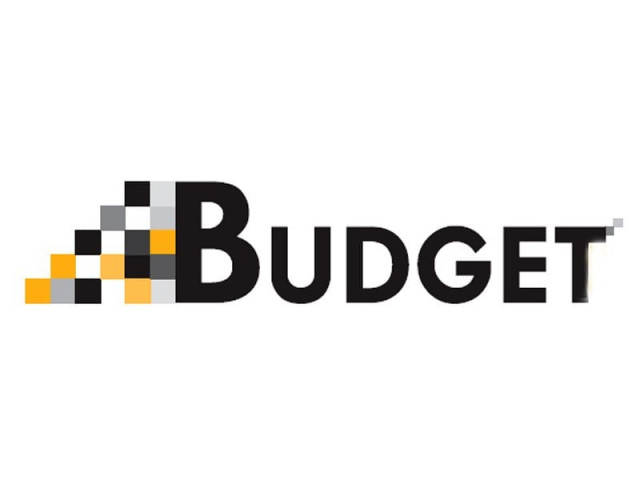Analysis: Now for the hard part…
The budget deficit is looking set to hit Rs2 trillion for the fiscal year that ends June 30, 2013

Laying out a credible strategy that addresses all of Pakistan’s biggest economic challenges – and credibly finding a way to pay for it all – is what the budget should be all about. PHOTO: FILE
When the numbers are at their ugliest, the finance minister needs to be the calmest person in the country. It is a delicate balancing act between being brutally honest in one’s understanding of how bad the figures are and still reassuring the public that the situation is manageable. Finance Minister Ishaq Dar managed to pull off that balance, but this was the easy part.
Perhaps we should be grateful for small mercies. The last time Dar took office as finance minister, his dark portrayal of the state of the economy managed to set off a run on the banks, the currency and the stock market all at once. This time, perhaps assuming that he will have the job for the next five years, Dar was more circumspect.
The Economic Survey is a backward-looking document. It describes what has happened over the past year rather that stating anything about what government policy might be in the coming year. (That is why it always comes out a day before the federal budget, an inherently forward-looking set of documents.)
Taking office so close to the budget means that the ruling Pakistan Muslim League Nawaz (PML-N) gets to blame everything bad in the economic numbers on the previous administration. They could have completely lambasted the opposition Pakistan Peoples Party, but they chose not to, because doing so would cast a pall on their own administration going forward.
The numbers are indeed quite appalling. The budget deficit is looking set to hit Rs2 trillion, or 8.5% of the total size of the economy, for the fiscal year that ends June 30, 2013, an absolutely appalling record by any standard. Economic growth, at 3.6%, was sluggish as well. But again, reading these out while not panicking, challenging though it must have been, was the easy part.
The hard part comes today, when the government announces what it wants to do in the coming year, in the form of the federal budget.
Budgets are highly misunderstood documents. They are seen as an accounting exercise rather than what they truly are and should be: the financial strategy for a nation’s growth. Laying out a credible strategy that addresses all of Pakistan’s biggest economic challenges – and credibly finding a way to pay for it all – is what the budget should be all about.
The traditional pre-budget leaks paint a somewhat promising picture: the Nawaz administration has a realistic view of how big the country’s economic challenges are and does not want to set arbitrary deadlines that would then become difficult to meet and ruin their credibility in the eyes of the voters. And their vision of Pakistan’s economic strategy appears to have a longer-term horizon than any of their political rivals: the PML-N, for instance, was the only political party to devote a section of its election manifesto to the government’s science and technology policy.
Yet accurate planning for the future relies on accurate numbers, and right now, the country is taking a big wild guess on one of the most important numbers about Pakistan: how many people live in this country anyway?
The census is supposed to be a decennial exercise, and for the first four decades of Pakistan’s existence, we managed to pull that off with reasonable competence. Over the past quarter century, there should have been three censuses, but we have so far only had one, in 1998. It has been 15 years since anybody bothered to count how many people there are in the country.
And lest one think that number is just an academic exercise, it is not: how else will one determine how many schools the country needs, how many hospitals for how many sick people, how many highways to which towns, and how wide should those roads be? One needs to know not only how many Pakistanis there are, but exactly where they all live.
Until we get a census, any estimates of economic progress amount to at best educated guesses and at worst, completely random shots in the dark. That is no way to run the sixth largest country in the world.
Published in The Express Tribune, June 12th, 2013.



















COMMENTS
Comments are moderated and generally will be posted if they are on-topic and not abusive.
For more information, please see our Comments FAQ